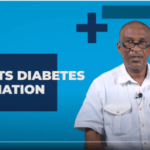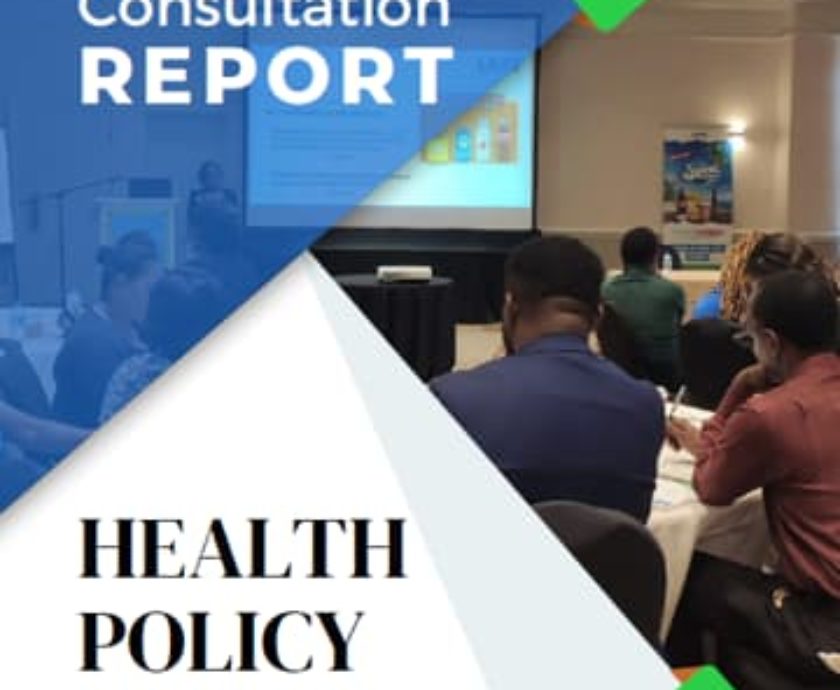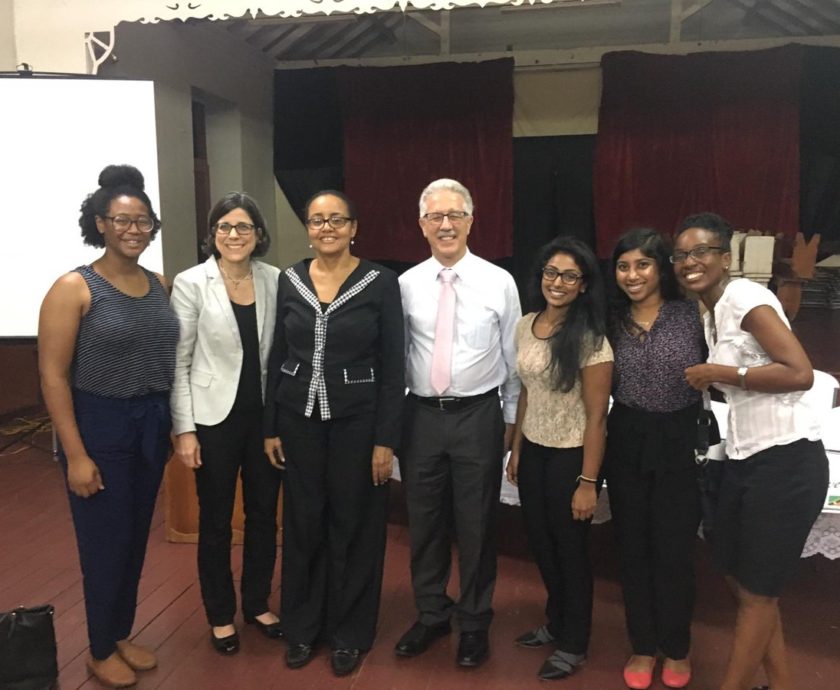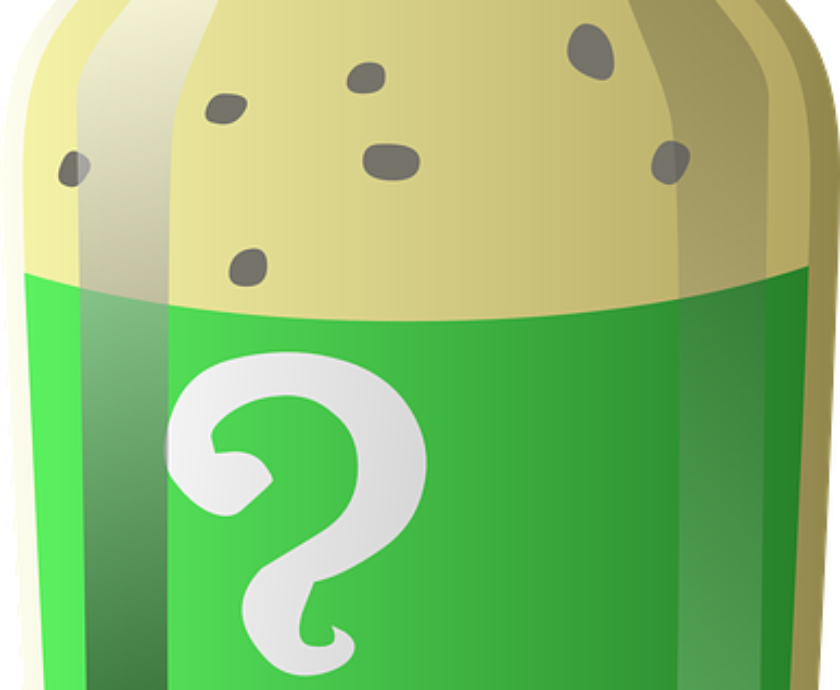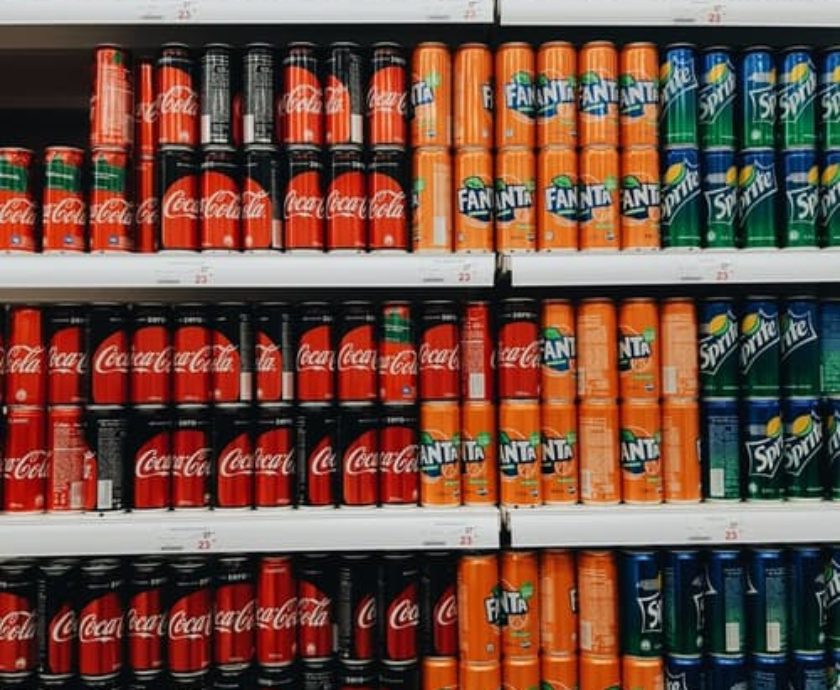Last week, we were delighted to attend the Global Health Advocacy Incubator’s (GHAI) webinar ‘Facing Two Pandemics: How Big Food Undermined Public Health in the Era of COVID-19.’ This webinar featured presentations and a panel discussion with speakers from Latin America and the US, including:
- Alison Friedman, Executive Director, International Corporate Accountability Roundtable, USA
- Camila Maranha, Consultant, Alliance for the Control of Tobacco Use and Health Promotion, Brazil and Professor, Faculty of Nutrition at the Fluminense Federal University
- Martha Yaneth Sandoval Salazar, Public policy and industry researcher, Educar Consumidores, Colombia
- Lucy Sullivan Martinez, Executive Director, Feed the Truth, USA
- Holly Wong, Vice President, Global Health Advocacy Incubator, USA
Together, the above-mentioned speakers highlighted the tactics employed by the food and beverage industry to influence food policy and public perception of their brands during the pandemic.
Setting the scene was the first speaker, Holly Wong, who presented the findings from the Global Health Advocacy’s Incubator’s qualitative evaluation of industry interference during the pandemic. Between March and July 2020, this project collected over 280 examples of industry interference from 18 countries. Through the analysis of these examples, the GHAI was able to identify four main methods used by industry to exploit the pandemic to promote their products, influence food policy and further their own interests at the expense of the public’s health. These four methods included:
Deceptive marketing – this involved positioning their unhealthy products as beneficial to the immune system or to overall health. This enabled companies to classify these products as essential items so their manufacturing facilities could remain open during countries’ States of Emergencies, restrictions or lockdowns.
Corporate Solidarity Actions – this is where companies partnered with governments to fund and support COVID-19 relief efforts and whilst doing so promoted their unhealthy products, strategically aimed to improve the public’s perception of their brands and positioned themselves as authorities on health matters `
Donations of junk food – fast food companies donated their products to disadvantaged communities, frontline workers and food banks. These products are high in salt, sugar and fat and therefore increase the public’s risk of developing NCDs. It is widely known that individuals with NCDs are more vulnerable to COVID-19 and are more likely to develop complications and therefore these donations do not align with efforts to protect the public from COVID-19.
Philanthropy combined with lobbying against healthy food policies – overall, during the pandemic, the food and beverage industry participated in a range of seemingly philanthropic activities – donating junk food, setting up COVID-19 test sites, funding online educational platforms for school children and donating respirators – whilst actively lobbying against beneficial health policies, and thus, in the long run, their lobbying will have a negative impact on the public’s health.
Following Holly Wong’s overview of the findings of the GHAI’s qualitative evaluation, we heard from Camila Maranha and Martha Yaneth Sandoval Salazar who provided specific examples of industry interference in Brazil and Colombia, respectively. This further illustrated the four methods presented by Holly Wong and gave attendees a flavour of how these methods were implemented. The event ended with a panel discussion with additional contributions from Alison Friedman and Lucy Sullivan Martinez.
We really enjoyed this very insightful webinar which was a comprehensive exploration of industry interference and how companies can control and exploit national emergencies if Governments do not have policies or a code of conduct in place to prevent conflicts of interest.
What Does This Mean for the Public?
During this time, the public must eat a healthy diet that is rich in fruits and vegetables to improve their overall health and strengthen their immune system. If products are being marketed as immune boosters, we would encourage the public to evaluate these products to determine whether these claims are accurate. You can seek advice from a trusted source such as your country’s department or ministry of health about evidence-based approaches to strengthen your immune system. It’s also important to avoid the ultra-processed and junk foods that companies are currently heavily promoting as these have no nutritional value and therefore will be of no benefit to your health.
Furthermore, information is power and with this evidence from the GHAI, the public is now empowered to make an informed decision about whether to accept industry’s donations, discounts and giveaways. The findings of the report also enable the public to understand the food industry’s motives and we would encourage everyone to use this information to become a discerning consumer and be selective about the brands you choose to support.







